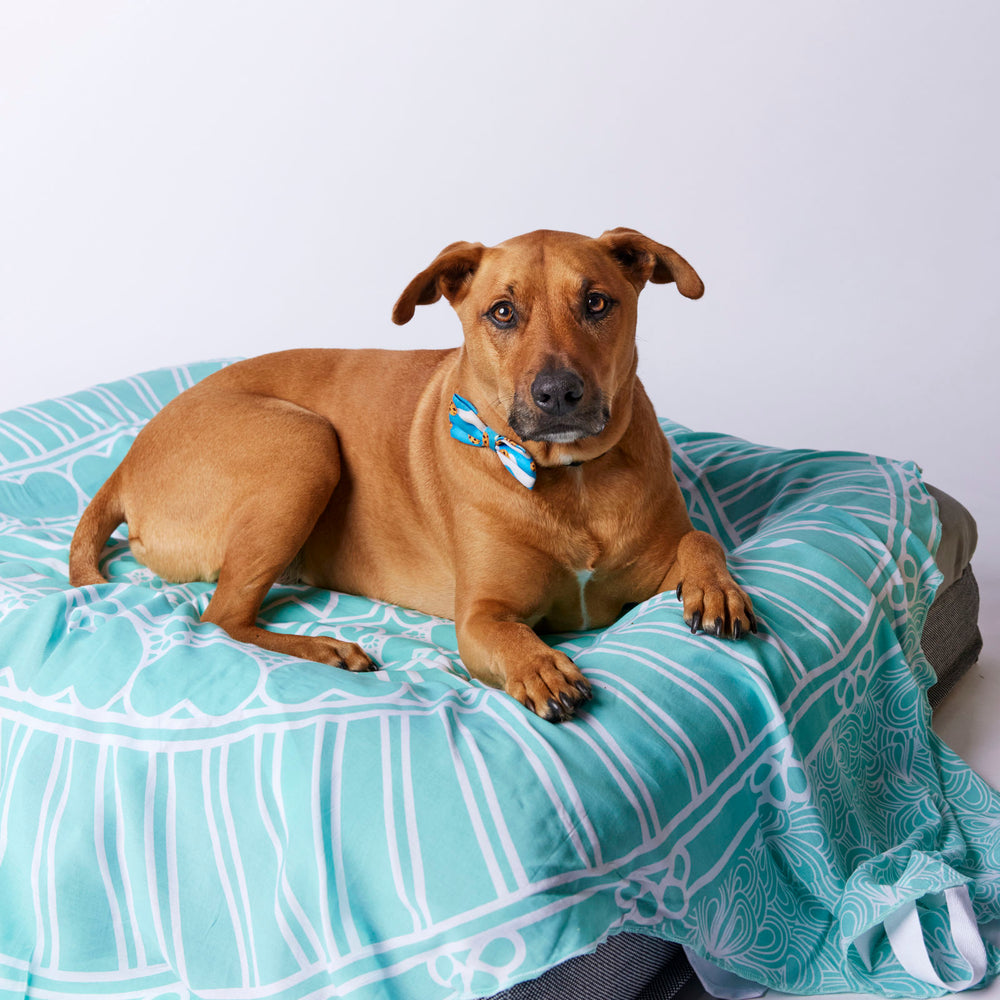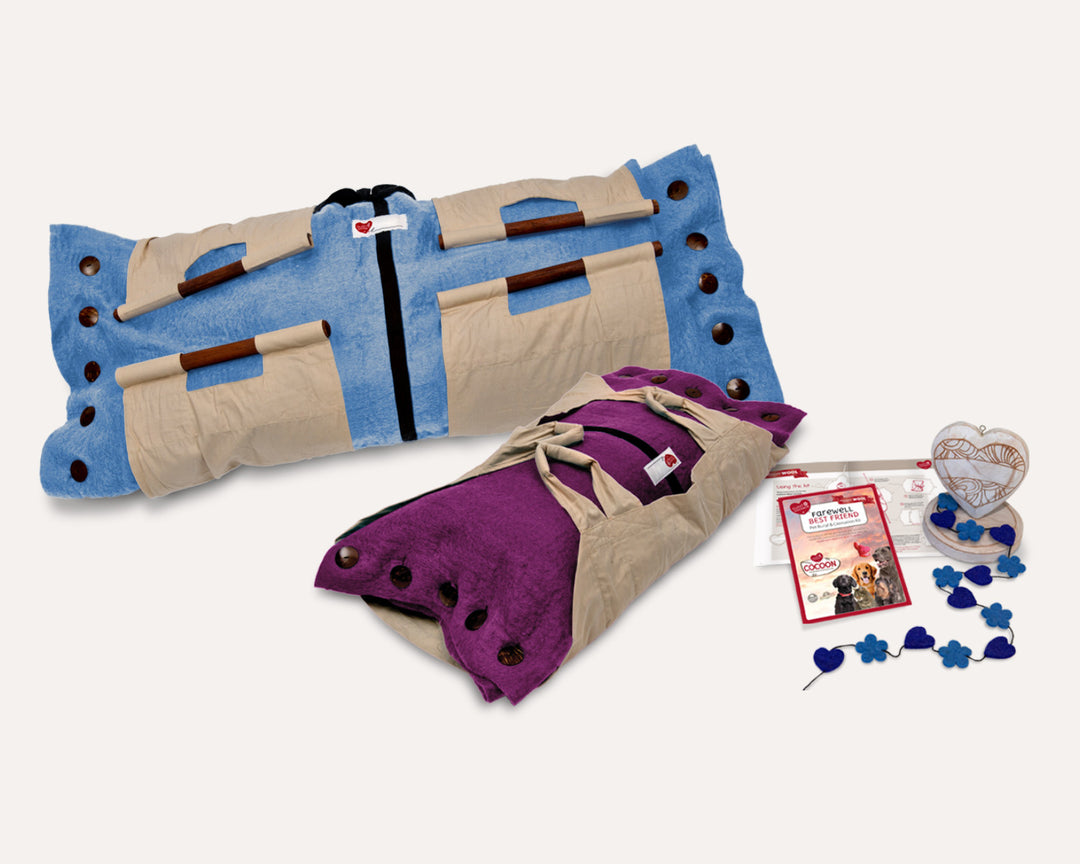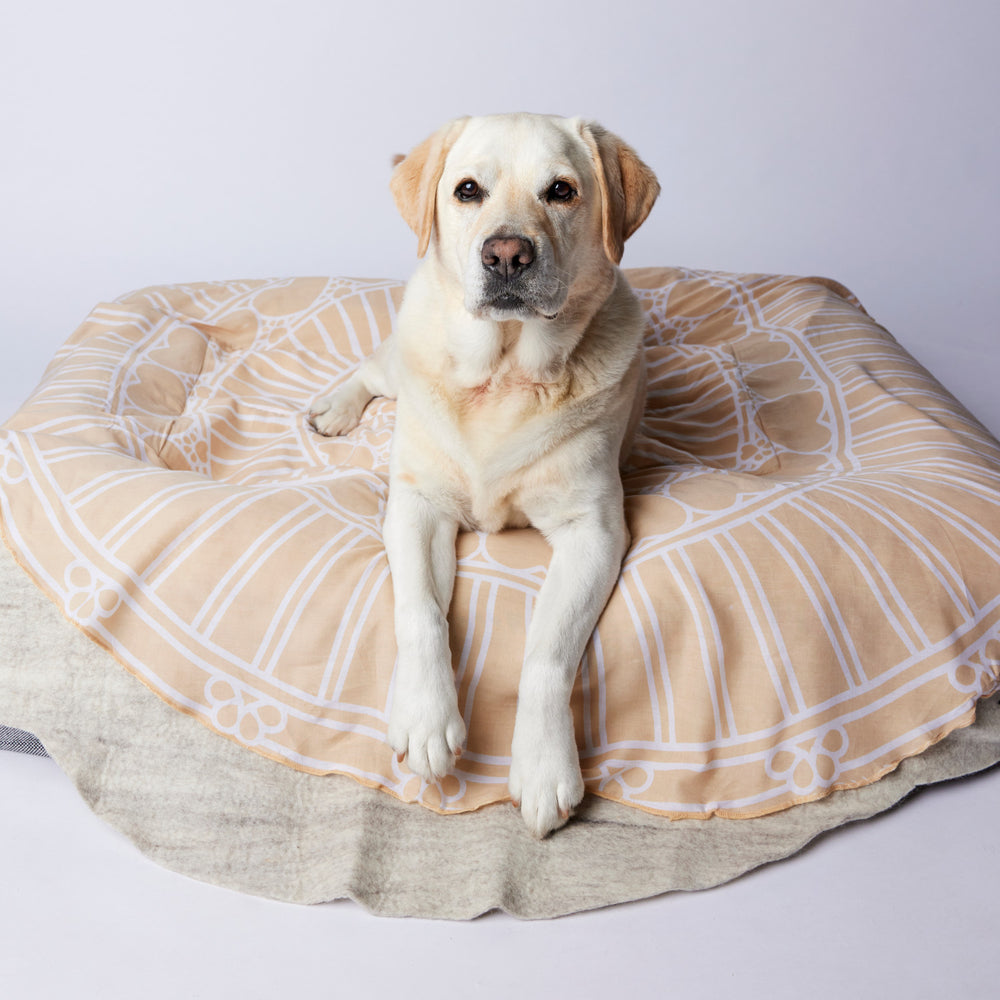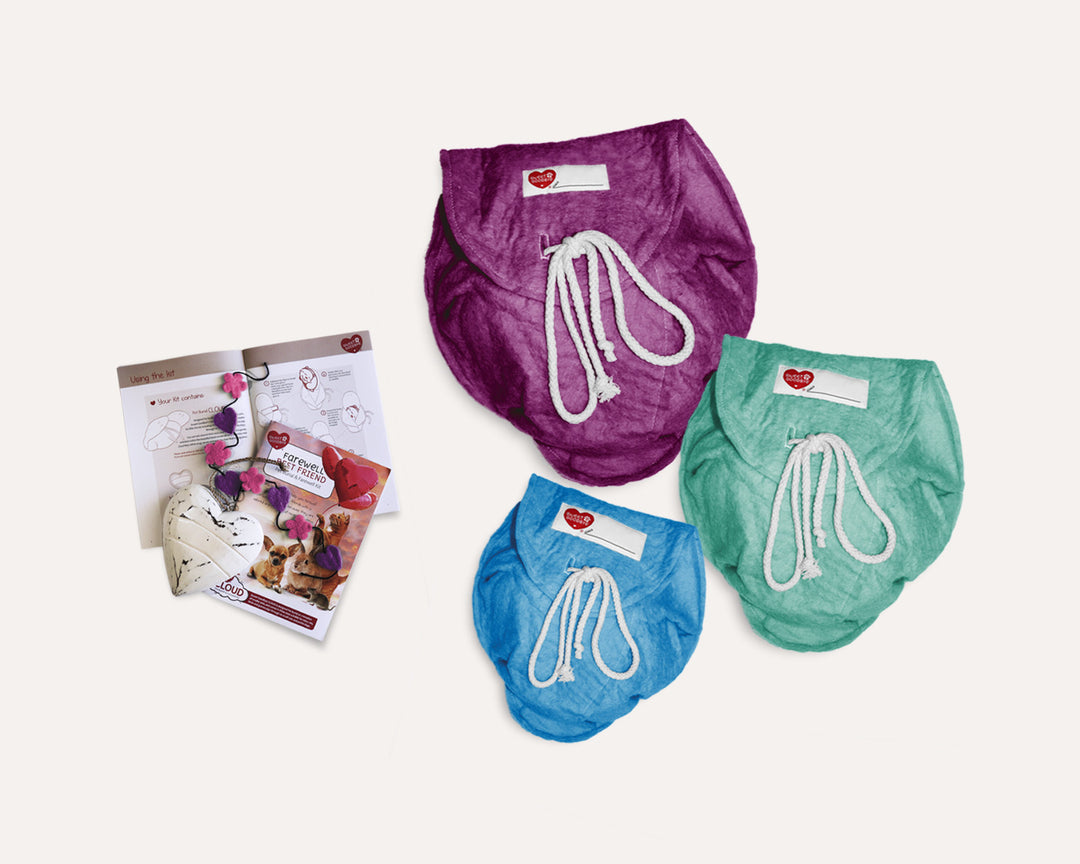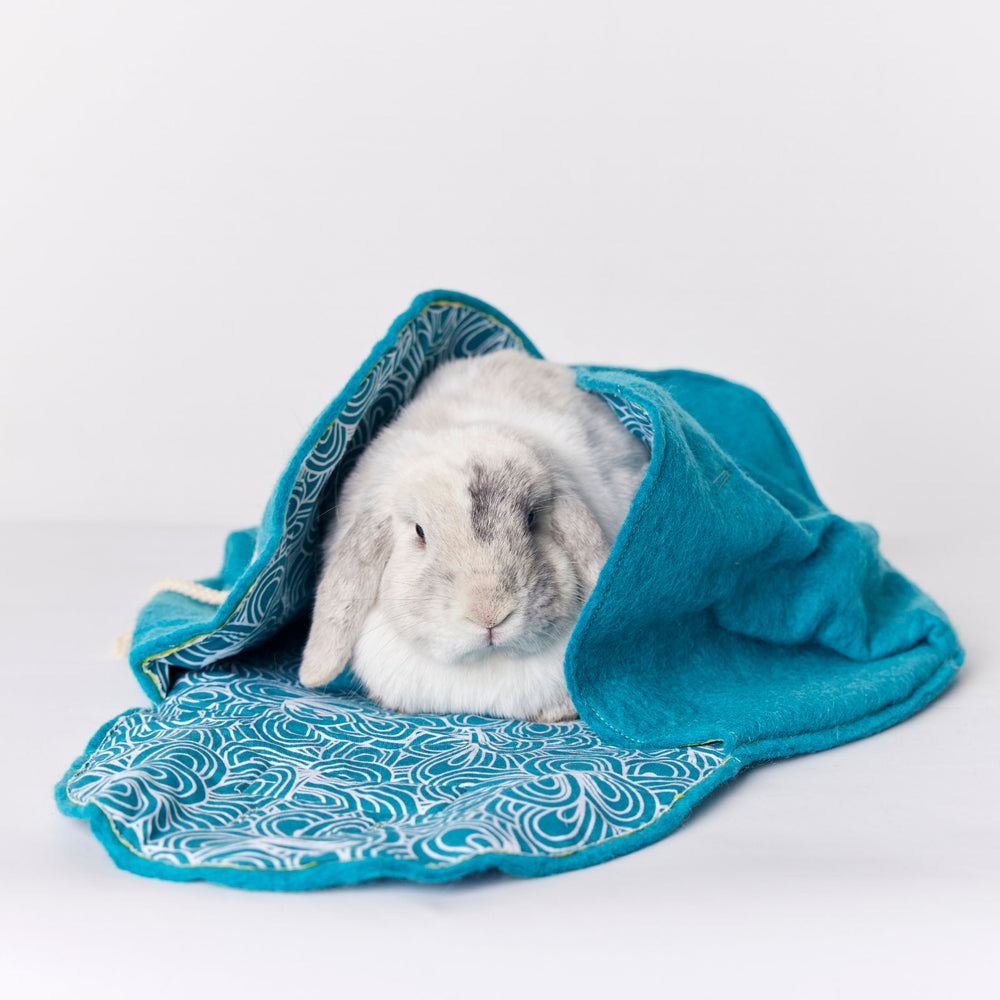Flying or Driving – Travel tips for Senior Pets

Our Customer Service Manager and Registered Veterinary Nurse Chelsea Leonard, answers all the questions we have when it comes to travelling with our senior pets.
Generally, what things should we think about when planning a trip with my senior pet?
Chelsea: If travelling for more than 3-6 months it is a good idea to incorporate a full health check for your senior pet to ensure they are in optimal health. As our pets have shorter life expectancy’s than us, internally things age a lot quicker for them. At these health checks the Vet may recommend simple blood and urine tests – these can provide extremely vital information and are primitive in catching early signs or progression of disease or illness. Our pets are such stoic creatures and are great magicians at masking disease and illness that only become noticeable to us at the later stages of progression.
When traveling with our Senior pets it’s important to plan ahead, incorporating their specific needs into the trip. For example, their toileting habits - we all can appreciate as we age our toileting habits or frequency can increase! This is much the same for our senior pets and toilet stops need to be accounted for, no one wants to be left cleaning up the doggy dodo from the back seat.
Many of our senior pets are on some form of medication or supplement. Ensure you have enough for the trip. Many people are not aware that an animal prescription does not work in the same way yours or mine would. Unfortunately, Vet clinics are not able to fill another Vets prescription medication due to prescribing licenses. Ensure you have contacted your vet to arrange adequate supplies or make arrangements for alternatives.
Are there any vaccinations or preventive medications my senior pet may need before traveling, especially if we are going to a different region?
Chelsea: When traveling into a different region or state you need to consider what disease, viruses and parasites may be prevalent in this area.
Our warmer / top end climates of Australia experience more tropical type disease, viruses, and parasites that we don’t experience in the bottom end therefore additional vaccines and parasite controls may be required to protect your pet.
The best source of information is local knowledge, contact a local Vet clinic in the area where you are travelling and simply ask what they recommend for best protection against disease, viruses, and parasites in the local area.
If traveling interstate or overseas with your pet it, is best to get in touch with the Airline your pet will be flying with. They will advise the specific requirements needed for your pet to fly to that destination.
Quarantine periods may apply for your pet depending on the State of origin and destination - these periods can range from weeks to months. The airline will require your pet to be examined by your veterinarian and perform a Fit to fly exam - the airline will provide documentation for your Vet to sign reflecting this exam. Often when traveling overseas, pets will require various health treatments leading up to the flight like rabies vaccines. These need to be provided in specific time frames prior to travel.
How can I ensure my senior pet is comfortable during the journey, whether it's by car or plane?
Chelsea: Where will your pet be when traveling - the backseat or the boot area? Is there enough room for your pet to stretch out comfortably? Are there protective/waterproof blankets available in case of an accident? Do you have a water source you can access if needed? Can your pet still interact with the family? These are usually last-minute considerations as we tend to have a lot of human elements we need to prepare for.
Most pets only travel short distances, for longer trips additional comfort needs to be considered. Our older pets are commonly managing arthritis and other joint type discomfort and just like us, don’t like being cramped in the same position for a long period – especially if they are in pain . You should provide enough space for your pet to move around in circles over and over again till they find the right spot, just like they do at home before they settle down.
Our oldies may be starting to experience incontinence. Very commonly they aren’t aware they’ve had an accident, or you just aren’t able to safely pull over to allow them out to the toilet, having waterproof “Pee Pads/Puppy Pads” is a great option to protect their bedding and your car.
Providing a deep-dish water bowl with a small amount of water you can top up throughout the journey that they can freely access is a great way to ensure they are staying well hydrated. We love our aircon and heater in the car but this can cause increased thirst for our pets as it’s often drier or more humid air than they are used to.
Our pets are members of the family, remember to interact with them throughout the trip, a good pat on the head and engagement will provide security for them on the journey.
Providing the comforts of home as best as possible can provide another sense of comfort and security for our pets. Things such as their favourite bed, toys and a piece of your clothing gives all their senses of touch, feel, and smell a good comfort workout. Purchasing all new items for the trip to spoil our pets is oh so tempting however it could increase our pets stress levels as it isn’t a familiar item to them. We may have to accept that the ragged monkey toy they’ve had for years missing various pieces is just their favourite and is going on an adventure with us.
If travelling by plane, all the same factors should be considered. It is best to check with the airline as to what facilities they provide for your pet’s travel and how much space they will have so you know exactly what you need to pack for them to have a comfortable flight.
Are there any dietary adjustments or special feeding instructions for my senior pet while traveling?
Chelsea: Hydration and Nutrition are vital components and aid in general day to day life. Often our senior pets can require increased hydration and this needs to be readily available or provided to them. If travelling for extensive periods of time and we aren’t able to provide the same amount of exercise we would if at home, nutritional intake may need to be adjusted to account for the lack of mobility.
If your pet requires a special or prescription diet, you need to do some research, especially if travelling to remote areas that may not stock what you need.
You may need to stock up or pre-order food prior to departure to ensure you have the vital food your pet can only eat. If travelling for extensive periods of time utilising, parcel lockers may be a great source to ensure you are able to keep all members of the family satisfied along the way.
What measures can I take to prevent stress or anxiety in my senior pet during the journey?
Chelsea: It is always best to “test” how your pet will travel for extensive periods of time before the actual travel event if possible. It is not uncommon for pets to experience increased anxiety when travelling and your Vet may recommend calmative supplements or medication to aid the travel experience for the pet.
Other non-invasive therapies that can aid your pet is the use of “Thunder Shirts” or Pheromone’s such as Adaptil (Dogs) and Feliway (Cats).
Always ensure the sound in the car is kept to a gentle, calm, quiet tone. Our pets have incredible hearing and senses even when deaf and this can increase their anxiety when in confined spaces.
Are there any age-related conditions or health issues that might be exacerbated by travel, and how can I manage them?
Chelsea: Age brings along more health-related issues such as cardiovascular disease, liver disease, kidney disease and joint disease just to name a few - but that does not mean your pet needs to be house bound.
It is best to book an appointment with your vet and discuss your plans of travel . Your vet will perform an examination of your pet, discuss their current condition, how it is being managed, likely perform diagnostic tests such as blood and urine test to see how the progression of the disease is.
It is at this point your vet will advise the safe likelihood of your pet’s travel plans or advise it is not recommended due to their health-related issues. In some circumstances your pet may be at a stage of their condition where travel may be harmful.
If your pet has been given a clean bill of health and advised travelling is ok, ask your vet to provide you with a medical summary of your pet. This can be presented to another vet clinic should your pet require treatment on your trip. This vital information could aid significantly if your pet is in a state of crisis.
Do your research prior to departing and make note of the Vets and Veterinary emergency centres that are along the way. This could significantly aid and reduce stress for you in times of need should your pets condition change.
Should I consider any mobility aids for my senior pet during travel?
Chelsea: Reduce the need for your pet to jump in and out of the car– consider a ramp that allows them to comfortably get from the car to the ground with less force to their already aching limbs. Many of the ramps available pack down nicely and can slide into the car and out of the way when not in use. Alternatively for dogs <10kg you could lift them from a seated position and place them on the ground.
What steps can I take to ensure my senior pet stays hydrated during the journey?
Chelsea: Providing an easily accessible bowl for your pet when travelling that doesn’t spill, ensures they are able to hydrate when needed. Many of our senior pets are on medications which can double their thirst, so make sure you have enough water on hand.
Should I be concerned about the altitude if I am flying with my senior pet, and what precautions can be taken?
Chelsea: In some cases your vet may prescribe anxiety or sedative medications to administer to your pet prior to the flight to help alleviate any of the below symptoms. It will always be recommended to trial your pets on the medication prior to flying to determine their effectiveness on your pet.
Altitude sickness in dogs and cats is a possibility but not as common as it is for us.
If your pet is experiencing altitude sickness you may notice:
- Vomiting
- Panting
- Nausea and excessing drooling
- Diarrhea
- Pale gums (low oxygen levels within the blood)
- Increased pulse rate
- Dry cough
- Swelling of feet and face
- Fever
- In extreme cases they can develop fluid build up in the lungs and brain
If your pet is showing any of these symptom’s post flying it is important to get them to a vet immediately for examination.
Can you recommend any exercises or stretches to keep my senior pet comfortable during a long journey?
Chelsea: Sitting in the same position for extensive periods of time is not advisable. Just like humans, plan rest stops where they can pull over, walk around and stretch their legs - every 2 hours or sooner is advisable. You will likely find they are quite stiff from being in this position for a period, and a short walk and sniff can be enough for them, as unlike at home they often aren’t able to frequently stretch out when resting in the car.
For our cat friends ensuring they are provided a cage that allows them to move around and stretch while able to access a litter box and food/water.
If flying, check if you can take your pet for a walk. If you are flying for an extended period and your pet is not permitted to have a little walk around, you need to consider if there is a better way for them to travel.
What signs of distress or discomfort should I be looking for in my senior pet during travel?
Chelsea: The most common signs you will see is frequently moving around and becoming restless, whimpering, banging on the door or glass, hypersalivating, and panting.
Hypersalivating and panting can often be mistaken for heat but often it is a common sign of anxiety and distress in our pets. If you suspect heat exhaustion, you should seek advise from a vet, otherwise, give your pet some attention - perhaps take them for a walk, give them some water and plenty of attention and re-assurance.
Are there any specific travel restrictions or regulations for senior pets that I should be aware of?
Chelsea: No matter where we place our pets in the car it is by law they must be restrained and not free roaming in the car, if not restrained and an accident occurs your beloved pet could be gravelly injured if not killed in the accident.
Dogs can be easily and comfortably restrained by using a harness/lead and tethering that to the seat or purchasing a seat belt specific buckle that always a safer tether to the seatbelt buckle.
Cats need to be restrained in an animal carrier for the duration of the trip.
What documentation, such as health certificates or medical records, will I need for my senior pet when traveling?
It is always best to carry a medical summary from your vet and health passport (includes vaccination details) that you can provide to any vet on your travels.
In many states in Australia like our own medical records, owners are not able to access their pet’s full medical history through other vet clinics, so it is always best to speak to your vet about providing a brief medical summary for you to take along with you.
If your pet is on prescription medication, always carry this in the original packaging. This will also provide you with a clear description of who the medication is for should police stop you during your travels. Many pets are on human medications and every state has different laws regarding medications and their uses.
In case of an emergency or health issue during the journey, what steps should I take, and do you have any recommendations for veterinary care at my destination?
Chelsea: When traveling with pets especially those with medical conditions, it is always best to research before you leave. Make note of which vets or emergency centres are available to you along the way and note their address and contact details. Many vet clinics don’t provide 24hr care and you will be advised to seek the nearest pet emergency centre for assistance.
If traveling for more than 3-6 months it is always best to get a health check of your pet once you arrive at your destination, this will ensure your pet maintains optimal health.
Now you’ve done your research, had your pet vet checked and are all packed, its time to hit the road and create wonderful memories with your senior pet!





